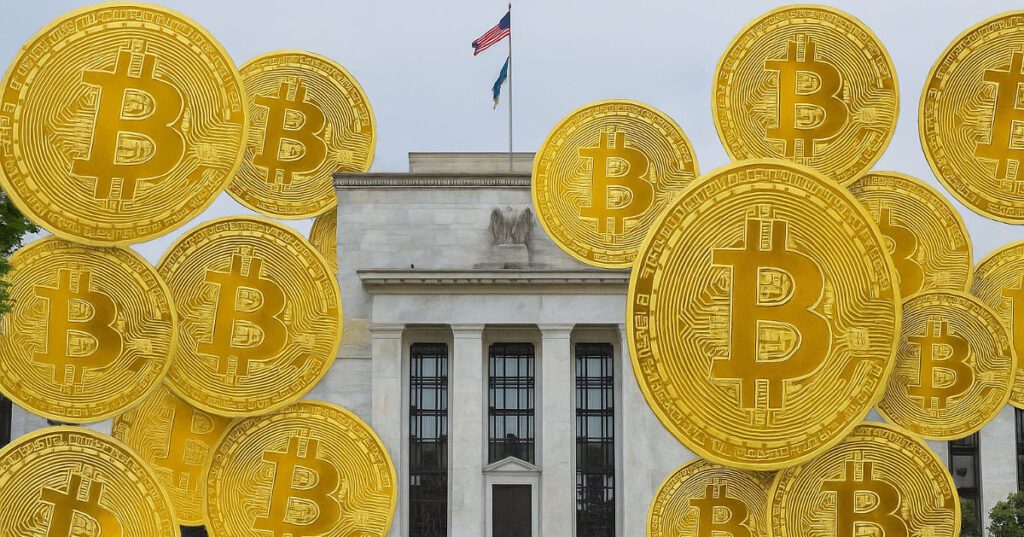Federal Reserve Governor Christopher Waller said the central bank is entering a “new era” in payments – one that openly embraces decentralized finance (DeFi), distributed ledgers and digital asset innovation as part of the traditional financial system.
Speaking Tuesday at the Fed’s first-ever meeting Payments Innovation Conference In Washington, Waller said the central bank intends to play an “active role” in the crypto revolution that is transforming the global payments landscape.
The conference is underway, but Bitcoin price reacted positively after a rough night. At the start of the conference, the price of Bitcoin was around $108,000, but it has now climbed to $110,321 at the time of writing.
Waller’s sentiment is a pretty stark departure from the caution and skepticism that has long defined U.S. regulators’ stance toward crypto.
“The DeFi industry is not viewed with suspicion or contempt,” Waller told attendees. “To the contrary, today you are welcome to the conversation about the future of payments in the United States – in our home field.”
According to Waller, distributed ledgers and crypto assets are now “integrated into the fabric of payment and financial systems.”
The Fed, he added, is exploring new models for integrating emerging financial technologies with existing banking infrastructure — including a potential prototype of a new “payment account” framework that would expand the central bank’s access to industry innovators.
A “lean” main account
Waller described the idea as a “lean master account,” designed to give legally eligible institutions — particularly fintechs and digital asset-focused payments companies — limited but direct access to the Federal Reserve’s payment rails.
These accounts would pay no interest, have balance limits and exclude overdraft privileges or access to discount windows, but they would allow payments-focused entities to settle transactions directly with the Fed rather than through partner banks.
“This payment account concept would seek to provide basic Federal Reserve payment services to legally eligible institutions that currently conduct payment services primarily through a third-party bank,” Waller explained. “Payments innovation is evolving rapidly and the Federal Reserve must keep pace.”
From crypto resistance to engagement
Waller’s tone toward crypto constitutes a massive policy shift in Washington. Over the past year, the central bank has quietly withdrawn restrictive guidelines on crypto and stablecoin activities that discouraged banks from participating in digital asset markets.
It also removed “reputational risk” considerations from its monitoring programs – a long-criticized tool that many in the industry said was used to justify suppressing crypto companies.




